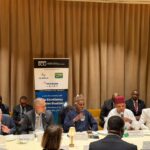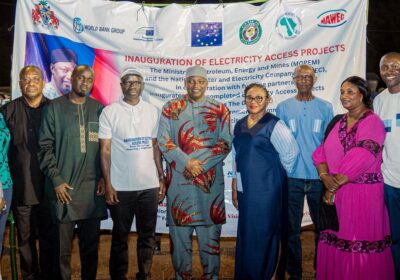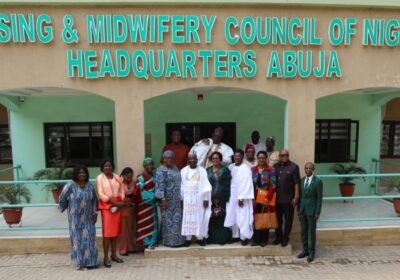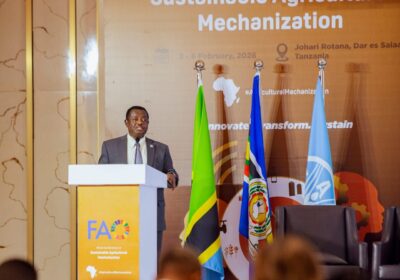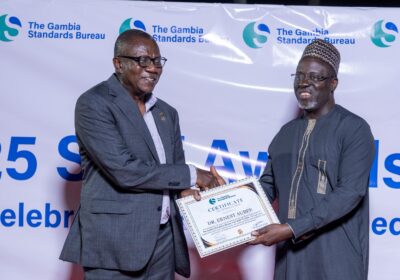Democracy, Constitutional Order in West Africa: ECOWAS Holds Dialogue, Pushes for Future Stability and Good Governance.
By Raymond Enoch
A bold call for democratic renewal, constitutional accountability, and inclusive governance echoed across West Africa as citizens and stakeholders from across the region converged for the ECOWAS Dialogue on Democracy, Constitutional Order and Good Governance, held simultaneously in Ghana and Guinea-Bissau from September 24 to 26, 2025.
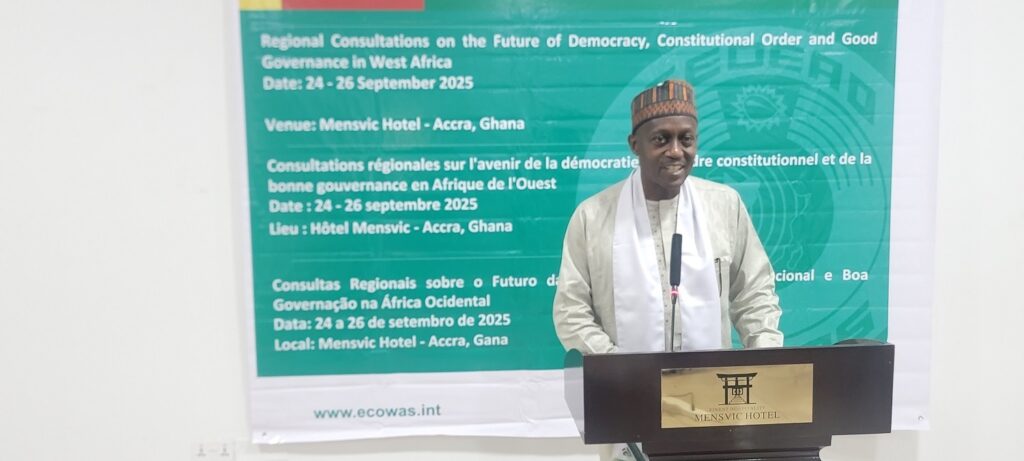
Convened as part of the preparatory process for the upcoming Special ECOWAS Summit on the future of regional integration, the consultations brought together a broad and diverse array of voices—civil society leaders, scholars, private sector actors, political analysts, and particularly youth, women, and persons living with disabilities—all determined to shape a more people-centred and resilient ECOWAS.
Organised by the ECOWAS Department of Political Affairs, Peace and Security, the dialogue focused sharply on three thematic areas seen as pivotal to the region’s future: the state of democracy and constitutional order, the foundations of political stability and peace, and the evolving dynamics of ECOWAS’s global partnerships.
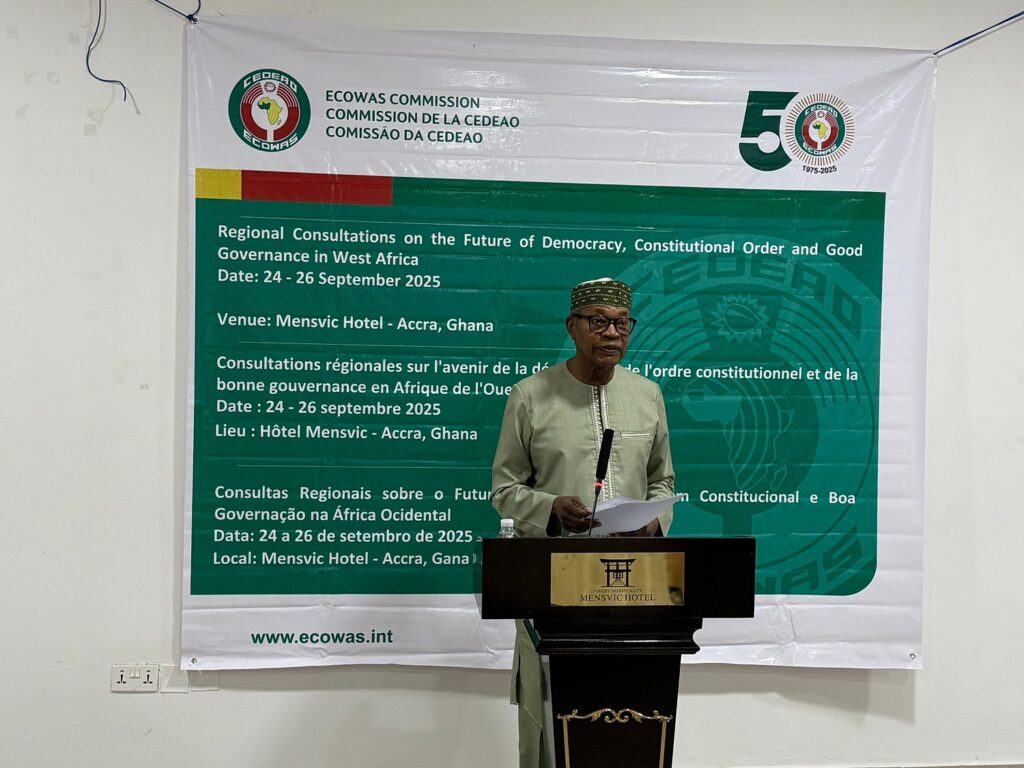
Participants raised alarm over recent democratic backsliding, citing unconstitutional changes of government, prolonged transitions, weakened judicial systems, and the growing marginalization of citizens from key decision-making processes. Many insisted that regional integration cannot thrive without anchoring governance in transparency, rule of law, and respect for term limits.
From Dakar to Freetown, Bissau to Bamako, participants called for a renewed ECOWAS that listens more and imposes less—a body that actively supports democratic institutions but also adapts to the changing realities on the ground, including the security threats that have become endemic across the Sahel and coastal states.
Young West Africans, especially, demanded inclusion not as a token gesture but as a structural shift—insisting that ECOWAS embrace a new generation of leaders equipped to navigate digital transformation, climate change, and social justice. Persons living with disabilities also emphasized the urgent need for accessibility and representation in both governance and regional policymaking.
While divergent views emerged on the pace and shape of reforms, there was near-universal agreement on one point: that the current moment presents a unique opportunity to redefine ECOWAS not just as an economic bloc but as a community of values—anchored in democracy, equity, and shared responsibility.
The outcomes of these regional dialogues will feed directly into the Special ECOWAS Summit in the coming months, where Heads of State are expected to endorse a new “Pact for the Future of Regional Integration in West Africa.” But as one participant bluntly put it, “Pacts are not enough. Implementation is where ECOWAS must finally prove its worth.”



